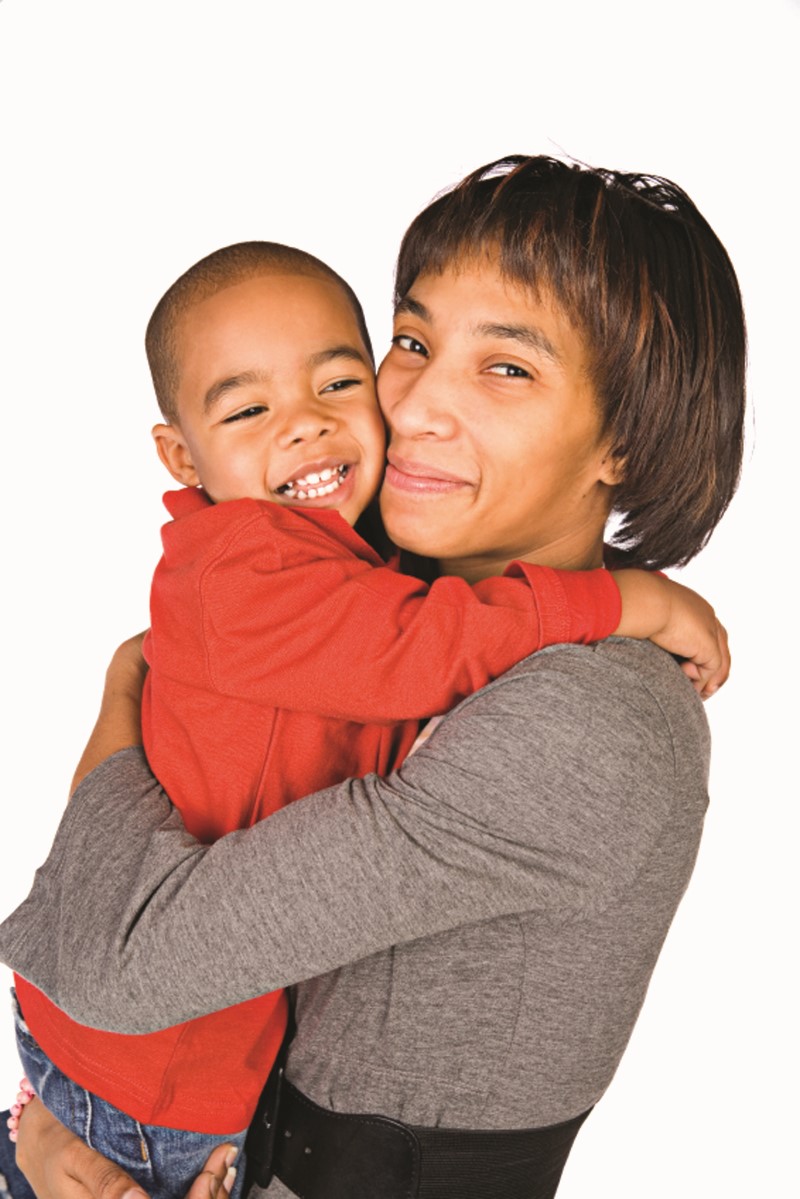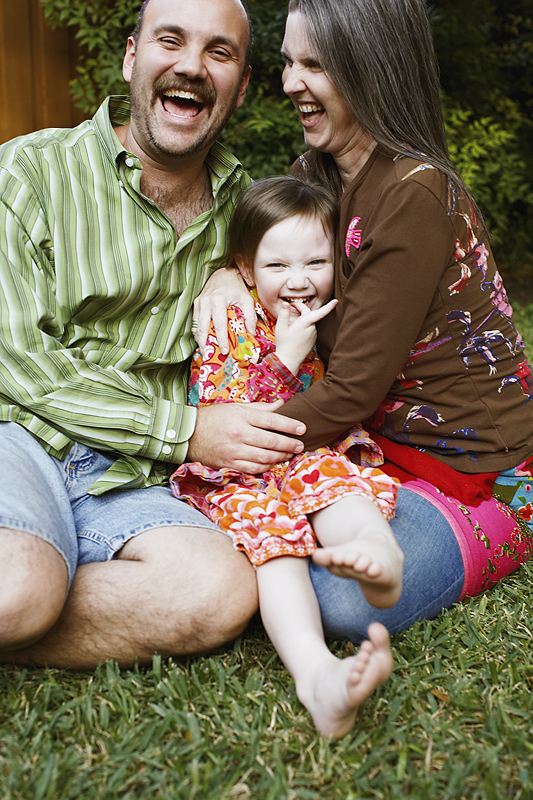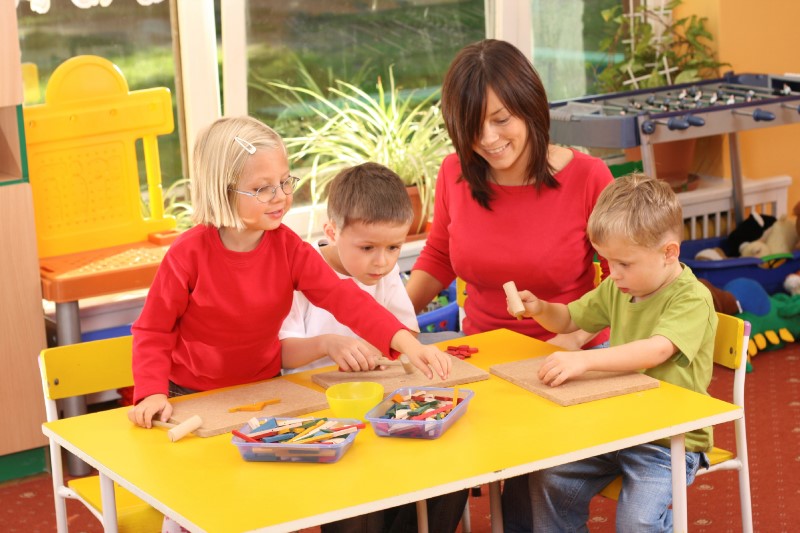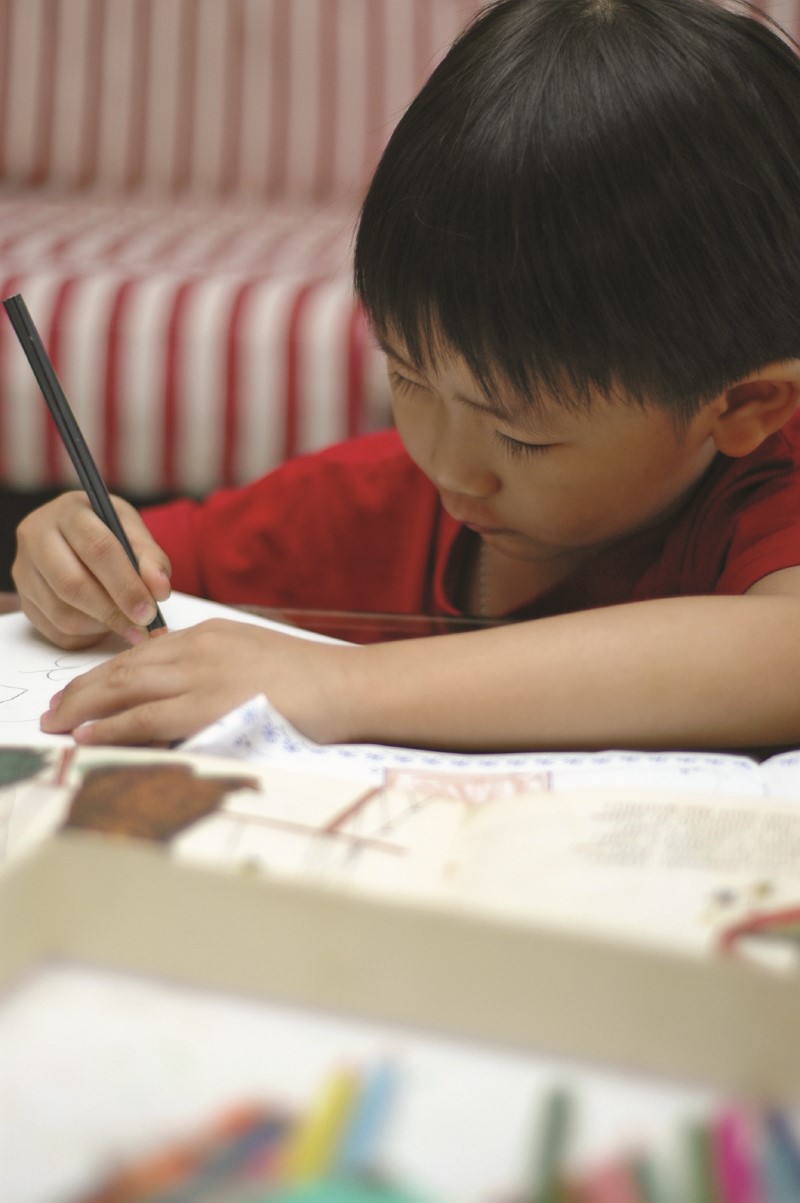The development of the brain and the learning connections within the brain are at the heart of learning for young children. Parents foster a child’s healthy brain development and learning by establishing a safe, secure and predictable environment for children. To create such an environment:
- Respond warmly and quickly to your child’s cues for support and attention. Young kids cannot always use words to communicate their needs or wants, but they send signals in the sounds they make, the way they move, facial expressions, or the way they seek or avoid contact. For example, a 4-year old might come running and hold up her arms to be picked up.
- Children feel secure when parents read these signals and try to respond with sensitivity. By responding warmly and quickly, you are establishing the brain connections that let children trust and explore the world around them.
- Hold, touch and snuggle with your child. Touch helps children feel secure. Touch is important for young children who need the reassurance that comes from a hug, touch on the hand or “highfive.” Children who do not receive caring, physical touches miss out on the affection that helps them form a sense of trust with others. Hold children on your lap, put your arm around them, hug them several times a day or snuggle with them before bed. Give them the affection they need.
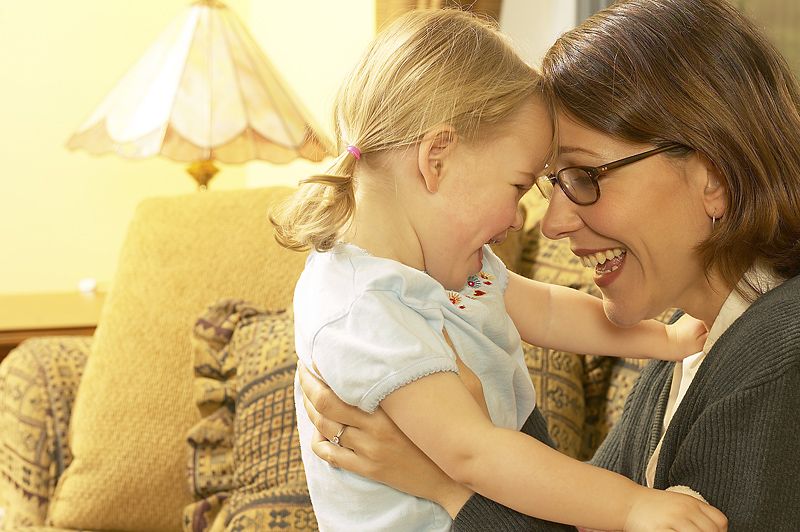

Too much stress early in life can harm children. Stress and trauma can cause a release of higher levels of cortisol, a brain chemical. This can destroy brain cells, reduce the number of connections in certain parts of the brain, and cause parts of the brain that control emotions to be smaller than normal.
Children who experience high stress or abuse may react to these chemical changes in the brain by showing fear, high arousal and anxiety, and have difficulty being calm and controlled.
Parents can avoid this stress by:
- providing safe toys and play environments and checking them for safety
- giving comfort to children who are sick or experiencing other types of stress
- reducing their own personal stress and being gentle with children
- protecting children from potentially abusive individuals
For example, children who are sick with a fever may become agitated and anxious. Instead of making them sleep alone, move the children to your own room or next to your bed if necessary and provide medicine, comfort and care as needed. Reassure children that things will be OK and help them feel secure.
Caring for a young child takes a lot of time. As a parent, you may find that you have less time to do your own thing. That may include being physically active. Going out for a run or joining in a ball game may be difficult without planning.
- Regular physical activity is good for you because it increases fitness and can help you look and feel better. Regular exercise is a great way to manage stress.
- If finding the time to exercise is hard, get exercise equipment you can use at home.
- Another option is to take turns caring for your child while you and your partner work out. You may find that time alone will make your time together more fun.
- Maybe you prefer to combine social and physical activities. Taking your child on a walk or bike ride gives you time together. If your partner prefers running and you do not, try cycling at a slower pace and go together. Join other parents in an exercise or walking group.
Couples who play together stay together. Try these ideas to stay active:
- Walking
- Dancing
- Swimming
- Cycling
- Gardening or lawn work
- Throwing Frisbees, flying kites, jumping rope

When reading to a young child, choose books with pictures or themes that your child enjoys. Read only as long as your child is interested.
- Let your child help pick out the book to read.
- Have your child sit close to you.
- Talk about the book cover with your child.
- Ask your child to name or point to something on the page.
- Read slowly enough for your child to ask questions and chime in.
- Ask “what, when, why and how” questions.
- Change your voice — like soft or loud — while reading.
- Help your child learn new words and names for things.
- Ask your child to guess what happens next.
- Help your child connect things in the story to real life.
- At the end of the book, ask your child what happened.
- Let your child tell the story or pretend to read.
- Have a regular time to read books with your child.
- Have fun and enjoy reading — so your child can fall in love with books and the idea of reading.
When parents read aloud with their preschoolers, their children learn new words. Children who are read to have a head start to being great readers in school.
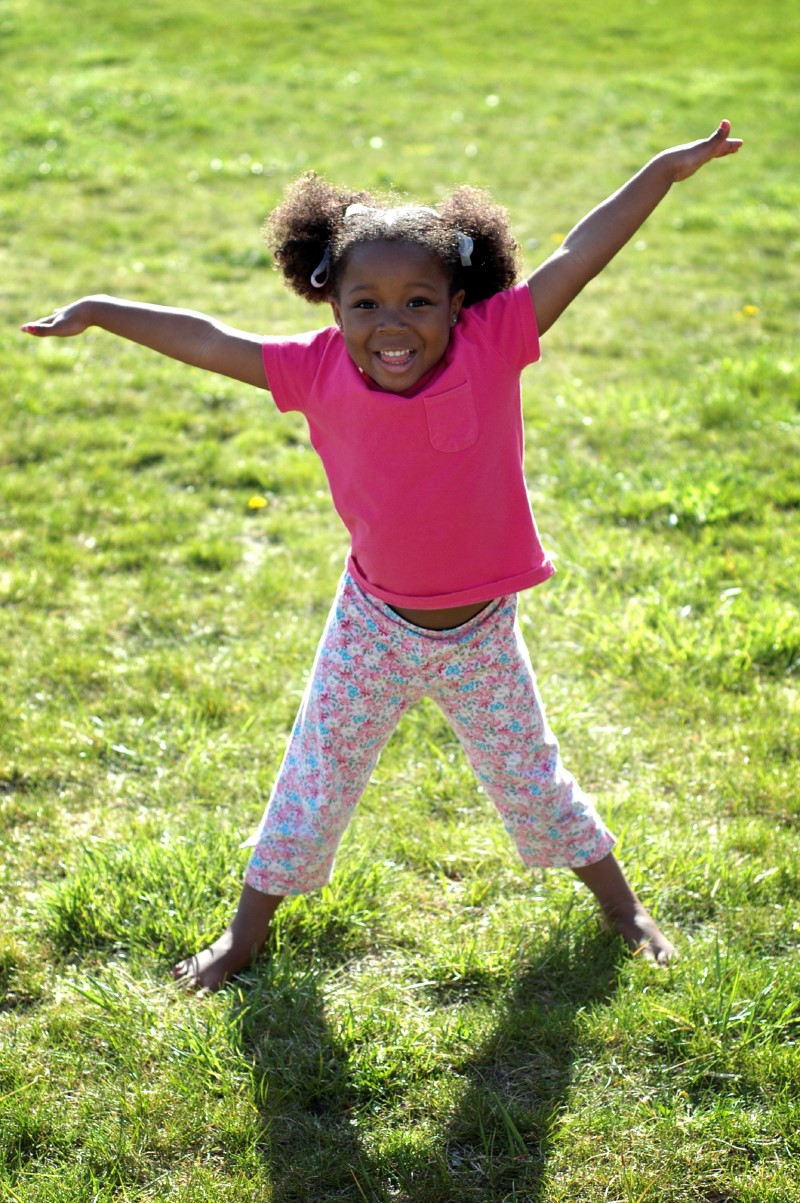
When children play actively, they use their big muscles and can relax and have fun.
- Give your child chances for active play every day.
- If you do not have room in your home for physical play, find a place nearby where there is enough room, such as the park.

